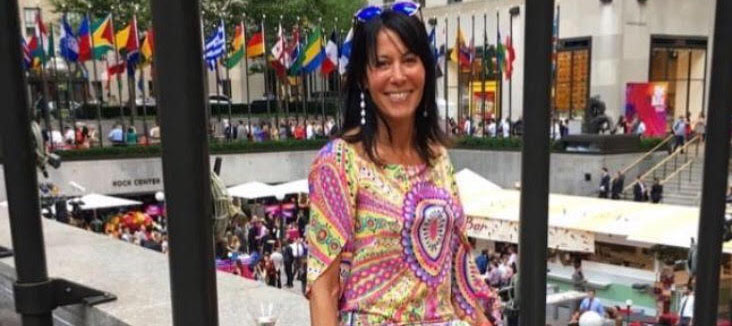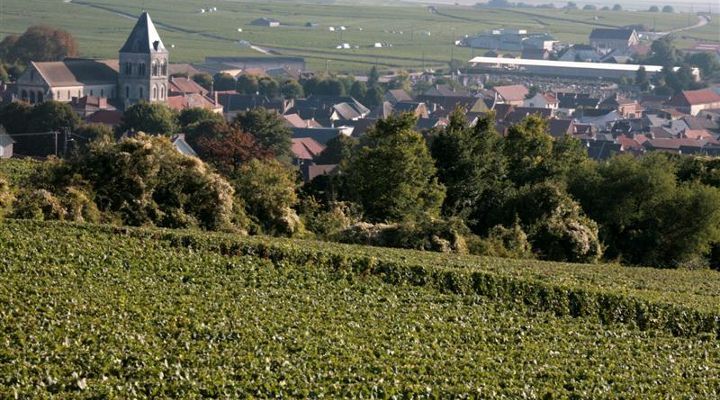
The term "terroir" is a popular term in winemaking that refers to a particular place where grapes are grown: the soil, the climate, the weather, the terrain and even the people. It's believed that terroir is what gives wine its unique flavor characteristics. For example, if you took Pinot Noir vines grown in Burgundy, planted them in California and hired a winemaker to make wine in both places, using the exact same techniques, there's no way the wine from California would taste the same as the wine from France.
In recent years, grower Champagne, with its terroir-expressive style, has had a big surge in popularity. But what is it and how is it different from the big Champagne houses like Veuve Cliquot and Moet & Chandon? Basically, grower Champagne producers make wine from grapes grown in their own vineyards. From year to year, the wine may taste slightly different based on weather or other variables. The big Champagne houses, on the other hand, buy most of the grapes from vineyards scattered all over the Champagne region. They strive for a uniform "house style" year after year which is easier to achieve when you're blending wine from several different places. The terroir expressed from a big house is more general, of the whole region, than a grower Champagne which is specific to one small place.
Grape Collective recently caught up with Marie Doyard to find out more. Fifth generation winemaker, Marie runs Champagne André Jacquart, a grower Champagne known for elegant, precise, terroir-expressive wines.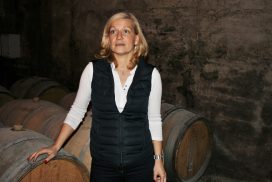
Lisa Denning: You grew up in a winemaking family. Did you always think you would be part of the family business?
Marie Doyard: No, not at all, nothing was planned. My parents never put any pressure on my shoulders asking me to "please come back". It was personal decision I made in 2004.
Can you tell us what it means to be a grower Champange and how you are different from the big houses known as "Maisons de Champagne"?
Grower champagne means that we own our vineyards and we control the full process: our vineyards, harvest, press, vinification, bottling, ageing in our cellar, disgorgement, labeling and commercializing.
Grower champagne means wines with personality, coming from an expression of a "terroir," with a certain character! Big houses own some vineyards as well, but they need to buy grapes from owners to produce bigger volume. They need to create a taste to satisfy lots of consumers. For a grower Champagne producer, terroir is a really important notion. 80% of the personality of my wines is coming from the terroir, the location of my vineyards. The impact on our wines is huge.
Tell us briefly the history of André Jacquart.
André Jacquart is the name of my grandfather from my mother’s side. My parents used to work separately within their own families, my mum in Mesnil-Sur Oger village (classified Grand Cru) and my dad in Vertus village (Premier Cru). In 2004 when I decided to run the family business, I'm the fifth generation, my parents decided to combine the two properties and that’s why we own 24 hectares which is a quite "large" size for grower Champagne.
Running the family business was for me a really important decision to take and it was important for me not only for "coming back" but to create my own signature, my own stamp, through my range of wines. I think each generation needs to bring its own stone to the building. So I made four big decisions compared to how my grandparents and parents used to do things:
1. Very long ageing: 5 years minimum for non vintage champagne and 7 years minimum for my vintage champagne.
2. Low dosage of sugar, a dry style in the extra brut range.
3. No malolactique fermentation to keep the freshness.
4. "Futs de chene" wood, oak barrels fermentation/vinification, 80% in oak and 20% traditional steel tank.
What is your philosophy of grape growing and winemaking?
We are working in "CULTURE RAISONNEE," it means a sustainable approach to winemaking.
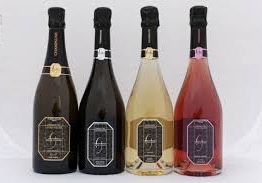 There are different styles of Champagne from very dry to sweet, from very crisp to more round and yeasty/bready. How would you describe your wine?
There are different styles of Champagne from very dry to sweet, from very crisp to more round and yeasty/bready. How would you describe your wine?
Terms to describe my wines : clean, tense, fresh, elegance, minerality, dryness, roundness and fatness due to the oak barrels vinification, in other words gastronomic champagne!!!!
Fermenting base wines in oak is quite unusual in Champagne. Can you tell us about this?
It is quite unusual to use oak barrels in Champagne for few reasons:
1. The cost, you have to buy and replace oak barrels.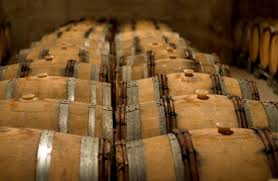
2. You need quality grapes from harvest time which are able to support wood.
3. You have to keep on controlling your wines inside barrels. It's not a secure way to vinificate, everything can happen in oak compare to steel tank.
Let’s talk about the Champagne region. How have things changed/evolved over the years there? Is there anything new going on?
The way we look after the vineyards is changing a lot, the treatments we use, molecules we use. We are also noticing "strange" seasons, very warm in the spring and rainy and cold in the summer, hot winters. There is no routine in our job, working with the nature who rules the game.
What are some of your favorite wines to drink when you’re not drinking Champagne?
French wines of course, Burgundy, Rhone Valley, Bordeaux, Alsace, etc.
Find your favorite André Jacquart wines on Wine-searcher.com
Read more from Lisa Denning on Grape Collective and on her blog, The Wine Chef.
